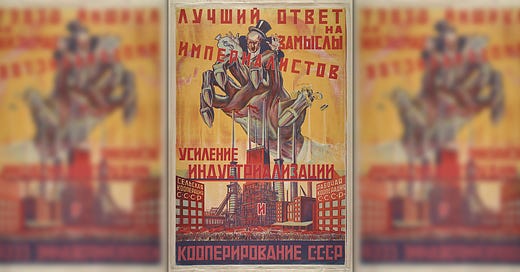Neoliberalism and anti-state ideology on the US left
There's an odd current of hostility towards the state among today's socialists and Marxists, and anarchism doesn't explain it.

I regret to inform you that Jonathan Chait was half-right. Chait, you may recall, used to spend a lot of time complaining about the term neoliberal, insisting that it doesn’t really mean anything and that it really just functions in …
Keep reading with a 7-day free trial
Subscribe to Carl Beijer to keep reading this post and get 7 days of free access to the full post archives.




